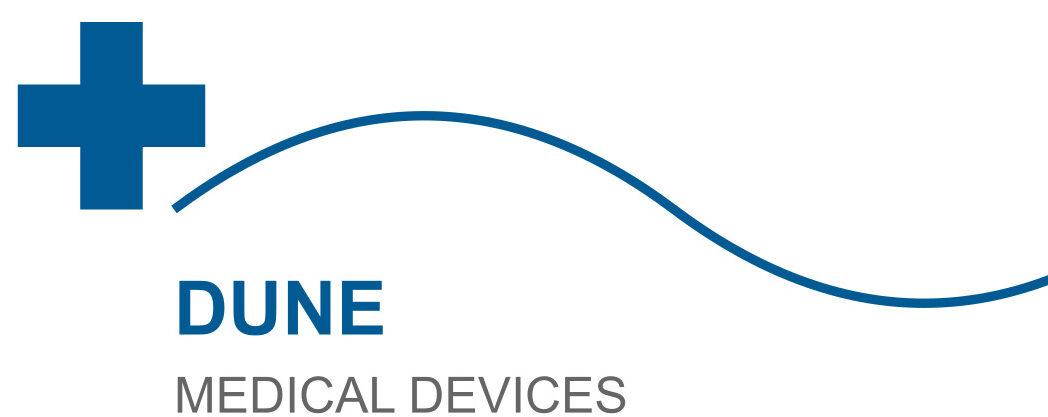Emergency Preparedness: What to Do When the Power Goes Out with Medical Equipment
Imagine this: A severe storm knocks out power in your area, and your life-saving medical equipment suddenly stops working. Without electricity, your oxygen concentrator, CPAP machine, or dialysis equipment could fail—putting your health at serious risk. This scenario is more common than you think, and being unprepared could cost you dearly. But with the right emergency preparedness plan, you can protect yourself, your loved ones, and even turn this challenge into an opportunity for financial success. In this guide, we’ll show you exactly how to prepare for power outages when you rely on electricity-dependent medical equipment, ensuring safety, security, and even potential wealth-building opportunities.
Why Emergency Preparedness for Power Outages is Critical
Power outages can happen unexpectedly due to storms, grid failures, or natural disasters. For those relying on medical equipment, losing electricity isn’t just an inconvenience—it’s a life-threatening emergency. Here’s why you need to act now:
- Health Risks: Without backup power, essential devices like ventilators, infusion pumps, or oxygen machines stop working.
- Financial Loss: Emergency hospital visits due to unpreparedness can cost thousands.
- Opportunity Cost: Investing in backup solutions now can save money and even generate income (more on this later).
Who Needs Emergency Power Backup?
If you or a loved one uses any of the following, you must have a backup plan:
- Oxygen concentrators
- CPAP/BiPAP machines
- Dialysis equipment
- Ventilators
- Refrigerated medications (insulin, etc.)
Step-by-Step Emergency Preparedness Plan
Follow this proven strategy to ensure you’re never caught off guard by a power outage.
1. Identify Your Equipment’s Power Needs
Every medical device has specific power requirements. Check the labels or manuals for:
- Voltage (V)
- Wattage (W)
- Battery backup duration
| Medical Device | Average Power Consumption | Minimum Backup Needed |
|---|---|---|
| Oxygen Concentrator | 300-600W | 8+ hours |
| CPAP Machine | 30-60W | 1-2 nights |
| Dialysis Machine | 500-1500W | 4+ hours |
2. Invest in Reliable Backup Power Solutions
Here’s where smart planning meets financial opportunity. While most people panic during outages, you can actually profit by being prepared. Consider these options:
- Uninterruptible Power Supplies (UPS): Provides short-term power (15-30 minutes) for smaller devices.
- Portable Generators: Gas-powered units can run essential equipment for days.
- Solar Generators: Clean, renewable energy with no fuel costs—perfect for long-term savings.
Pro Tip: High-quality backup systems from Dune Medical Devices can become income streams. During extended outages, you could rent equipment to neighbors at premium rates.
3. Register with Your Power Company
Most utility companies prioritize restoring power to customers with medical needs. Registration is free and could save your life.
Advanced Strategies for Healthcare Facilities
If you operate a medical practice or care facility, these pro tactics will protect your patients and your bottom line.
1. Implement Tiered Power Backup Systems
Combine multiple solutions for maximum reliability:
| Backup Layer | Duration | Cost | ROI Potential |
|---|---|---|---|
| UPS Systems | 15-30 minutes | $200-$1000 | High (prevents data loss) |
| Diesel Generators | Days to weeks | $5,000-$50,000 | Massive (keep facility operational) |
2. Create a Disaster Response Team
Train staff to handle power emergencies efficiently. This investment pays dividends in patient retention and community trust.
Financial Opportunities in Emergency Preparedness
Here’s the life-changing secret most people miss: Proper emergency preparedness isn’t just an expense—it’s an investment that can make you money.
1. Medical Equipment Rental Business
By stocking extra backup systems, you can:
- Rent equipment during outages at 5-10x normal rates
- Create recurring revenue from local healthcare providers
- Build a recession-proof side business
2. Emergency Preparedness Consulting
After implementing your own system, you can:
- Charge $200-$500/hour to advise others
- Sell complete emergency kits at 300% markup
- Create online courses about medical emergency preparedness
Visit https://dunemedicaldevicesinc.com/shop-2/ to explore equipment that could launch your new business.
Conclusion: Your Path to Safety and Success
Power outages don’t have to be disasters—they can be opportunities. By implementing these emergency preparedness strategies, you’ll:
- Protect your health and your family
- Save thousands in potential medical costs
- Create new income streams from preparedness
Don’t wait for the next outage to realize you’re unprepared. Contact us today to discuss custom solutions that fit your needs and budget.
FAQ Section
How long can most medical devices run on battery backup?
Most devices have 4-8 hours of battery life, but high-capacity external batteries can extend this to 24+ hours.
What’s the most cost-effective backup solution?
For most homes, a combination of UPS and portable generator provides the best balance of cost and reliability.
Can I get insurance discounts for having backup power?
Many insurers offer 5-15% discounts for homes with medical backup systems—ask your provider.
How often should I test my backup systems?
Test monthly and perform full discharge tests quarterly to ensure reliability.
Where can I get professional advice for my specific needs?
Our experts provide free consultations to design custom emergency plans.
